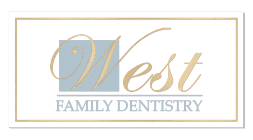
Preventive dentistry helps patients avoid the costly and invasive procedures often needed to treat serious dental conditions. Maintaining dental health helps patients look and feel their best, and can have a positive effect on their overall health.
Preventing dental problems requires a lifelong commitment. To begin developing proper dental-hygiene habits, a child should visit a dentist shortly after the first teeth emerge. Parents also play an important role in helping their children develop and maintain good dental-hygiene habits.
Cleanings and Exams
Comprehensive dental exams and cleanings are recommended once every three to six months depending of the patient’s oral health. These exams help identify tooth decay, or early signs of gum disease or oral cancer, through diagnostic X-rays and a physical examination. Early detection of these conditions helps ensure effective treatment and prevent permanent damage.
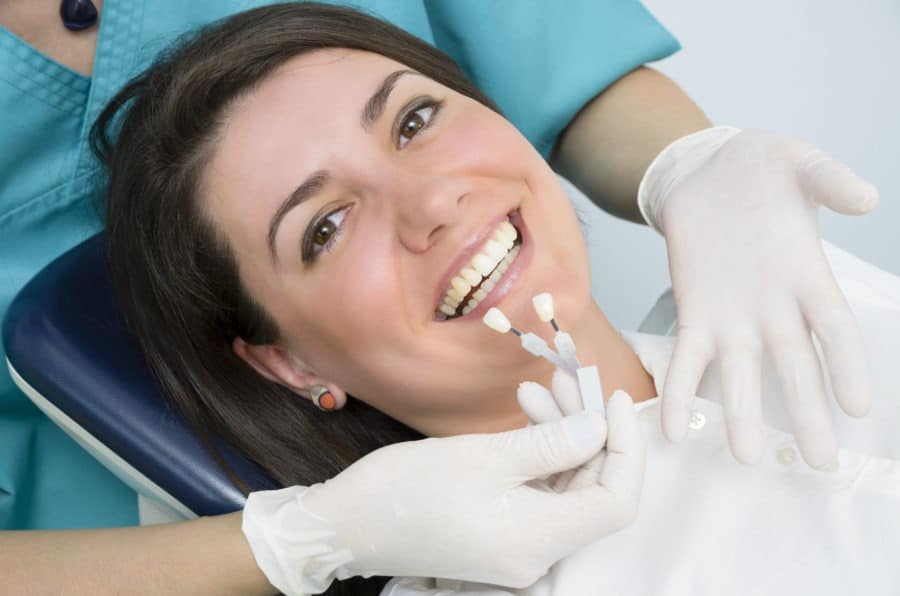
Regular dental cleanings by a registered dental hygienist helps to keep teeth clean and healthy.
A dental cleaning includes removal of tartar and plaque, which can build up and lead to inflammation and gum disease. The teeth are polished to help remove stains that are unable to be removed with regular brushing and flossing. A professional fluoride treatment may be applied to the teeth.
Regular exams are important in maintaining your oral health. During your dental exam we will do a thorough evaluation of the gums for signs of gingivitis or periodontal disease such as bleeding, inflammation, or bone loss around the teeth. Look for signs of cavities or any problems with existing restorations or wear on your teeth. Address any cosmetic concerns that you may have with your smile. Perform an oral cancer screening, which may include the use of the Identafi oral cancer screening device. Evaluate your TMJ and surrounding muscles which can lead to jaw pain or headaches.
Digital X-Rays
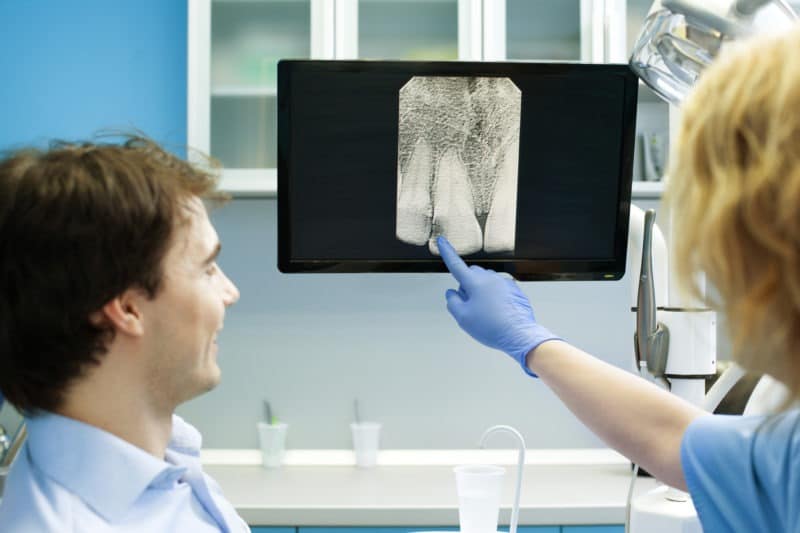
We offer one of the latest technological advances in dentistry with digital radiography (X-rays). X-Rays help us detect cavities between the teeth that are not visible to the naked eye.
A digital sensor is placed in the mouth, and a computer generates an image in 30 seconds as opposed to the general 4-6 minute wait time for images taken on dental film. These X-rays can also be enhanced on the computer and enlarged.
Not only are they friendly to the environment, they are much safer than traditional X-rays. Digital radiographs reduce radiation exposure by 90 percent!
Intraoral Cameras
The standard X-ray is essential in determining any dental problems you may have, but unfortunately, it may not reveal everything happening inside your mouth. We are proud to utilize an intraoral camera in our office.
An intraoral camera can project an image of your tooth onto a monitor, so you can see the problem in a magnified version and how we can correct the issue.
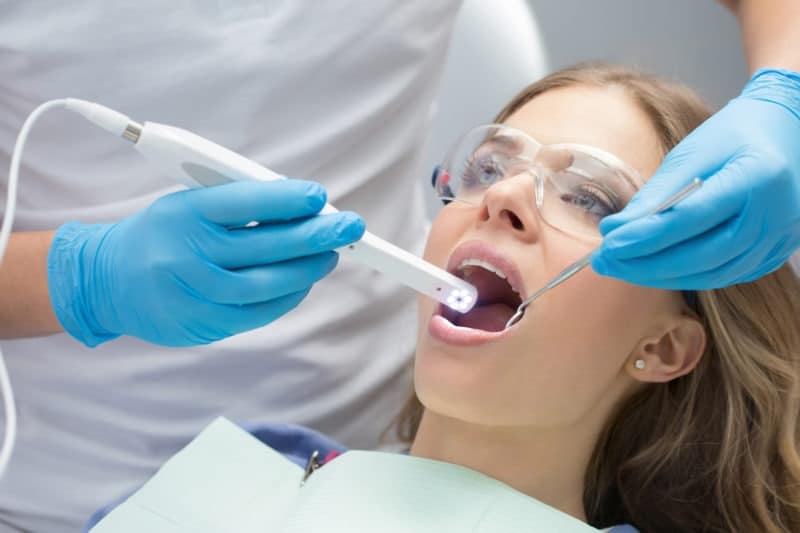
It can also identify problems that may not be detected by the general means of examination, including cracks in your fillings or fractured teeth. Similar to the size and design of a dental mirror, an intraoral camera allows you to make better decisions regarding your treatment as you can see the same things we see.
At-Home Dental Hygiene
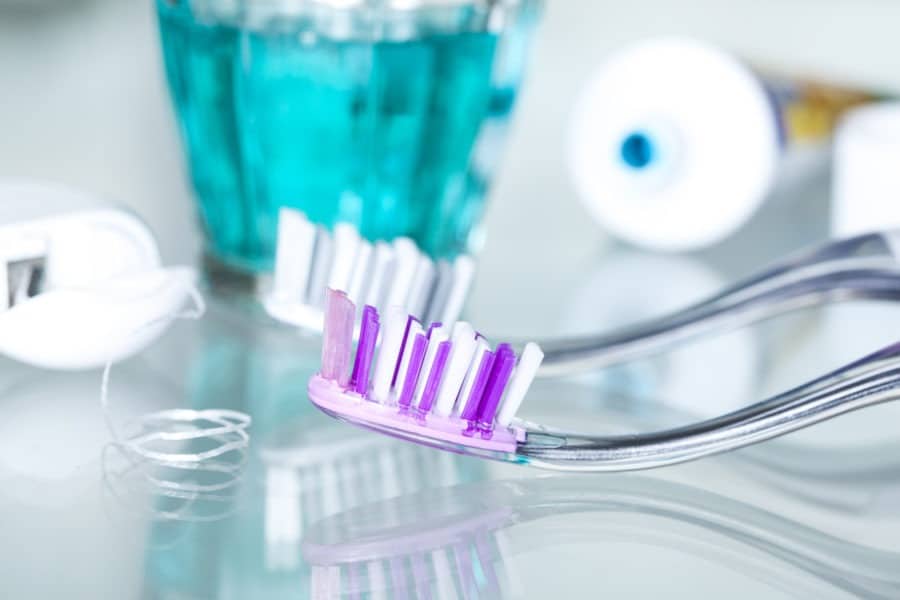
To maintain healthy teeth and gums, patients should brush their teeth at least twice a day; brushing before going to bed at night is essential. The American Dental Association recommends brushing with toothpaste and a soft-bristled toothbrush for at least two minutes. Every tooth should be gone over thoroughly.
Flossing at least once each day to clean the spaces between the teeth and under the gums is also recommended. In addition, using over-the-counter mouthwash can freshen breath and help protect the mouth from disease.
Eating balanced meals and fewer sugary snacks can also help improve dental hygiene. Other home dental aids are available to help keep teeth as healthy as possible in-between visits to the dentist. Dentists provide patients with specific instructions for at-home care of the teeth; it is important to follow these instructions to ensure good dental health.


